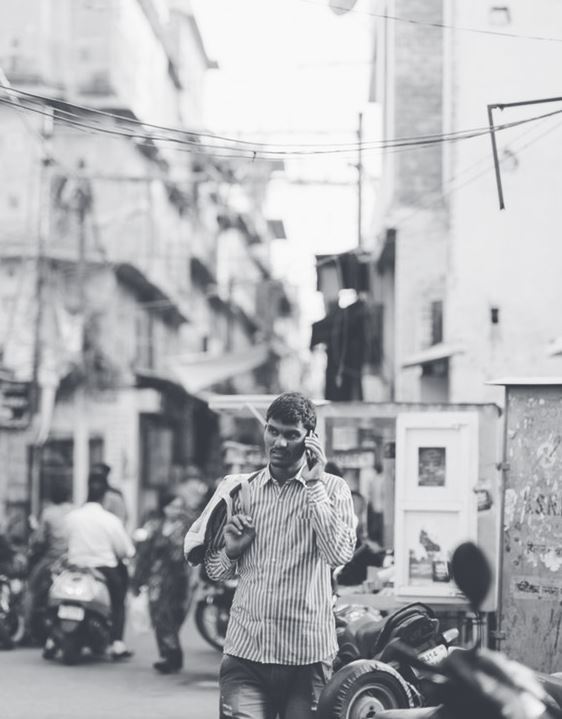Religious Intolerance, Lynch Mobs and Social Media in India
Recent reports indicate that religious intolerance, and other issues often expressed via social media, are a growing concern for both local and international firms operating in India. Social media scandals linked to issues of identity have had a significant reputational impact on some companies. Furthermore, mob attacks linked to child kidnapping rumours, and religious concerns stemming from the consumption of beef, spread via WhatsApp and other platforms, have raised safety concerns, especially for employees from religious minority backgrounds.
In an example from June 2018, one of India’s largest telecoms companies was embroiled in a social media scandal linked to religious intolerance. A company representative responded to a tweet complaining about allegedly poor customer service by promising to investigate the complaint. He signed the message as “Shoaib”, a recognisably Muslim name. The customer responded with the following message, “Dear Shohaib, as you’re a Muslim and I have no faith in your working ethics … requesting you to assign a Hindu representative for my request. Thanks.” Shortly afterwards, another company representative named Gaganjot, a recognisably Hindu name, responded to the customer in question.
This prompted a social media scandal with significant reputational implications for the firm. Secular activists accused the company of acquiescing to religious bigotry; however, when the firm released a statement clarifying that the response was due to a routine personnel change and that it supported secularism, it was targeted by online Hindu nationalists. The response received thousands of retweets and replies, and prompted dozens of news articles. Companies are typically unable to choose their customers, and the direct lines of communication offered through social media mean that they will be increasingly pressured to take sides on social issues.
Worryingly, social media usage also raises significant safety concerns for companies, especially for religious minority employees. In July 2018, 21 people were lynched in mob attacks countrywide over false child kidnapping rumours spread via WhatsApp. While these attacks did not primarily target Muslims or other minorities, the use of social media draws parallels with the “cow vigilantism” phenomenon, in which dozens of predominantly Muslim, as well as members of the Dalit caste, victims have been murdered by Hindu extremists in attacks coordinated via social media. Cows are considered sacred by Hindus, and these murders were typically motivated by online rumours about cow smuggling or beef consumption on platforms such as WhatsApp or Facebook.

Indian society has become increasingly polarised along religious lines, a trend which is expected to increase ahead of the May 2019 general election
Aside from the security implications, the violence associated with online rumours also has implications for the reputations of social media companies operating in India. Numerous social groups held protests in response to the lynchings, and WhatsApp attracted significant criticism for allegedly not implementing adequate safeguards against the spread of false information. While it has since introduced measures, including the removal of the “quick-share” feature, these problems are expected to persist. Indian society has become increasingly polarised along religious lines, a trend which is expected to increase ahead of the May 2019 general election.
The ruling Bharatiya Janata Party (‘BJP’) has enjoyed significant gains in recent local elections – for example, it ousted the long-ruling Communist Party of India from Tripura in February 2018. Social media and online campaigns played a significant role in driving these gains, and given the BJP’s Hindu nationalist platform, political polarisation, especially along religious lines, is expected to increase ahead of the 2019 election. In fact, the BJP has reportedly been using, and supporting, a network of social media bots and abusive trolls to attack critics, as well as to spread fake news and sectarian rumours. Indian Prime Minister Narendra Modi himself has come under criticism for following some of these trolls on Twitter; however, the BJP is unlikely to abandon its controversial social media tactics in the run up to the elections, given its recent successes. Companies with an established online presence in India, or looking to enter the Indian market, should review their potential exposure to social media scandals in light of this expected polarisation.